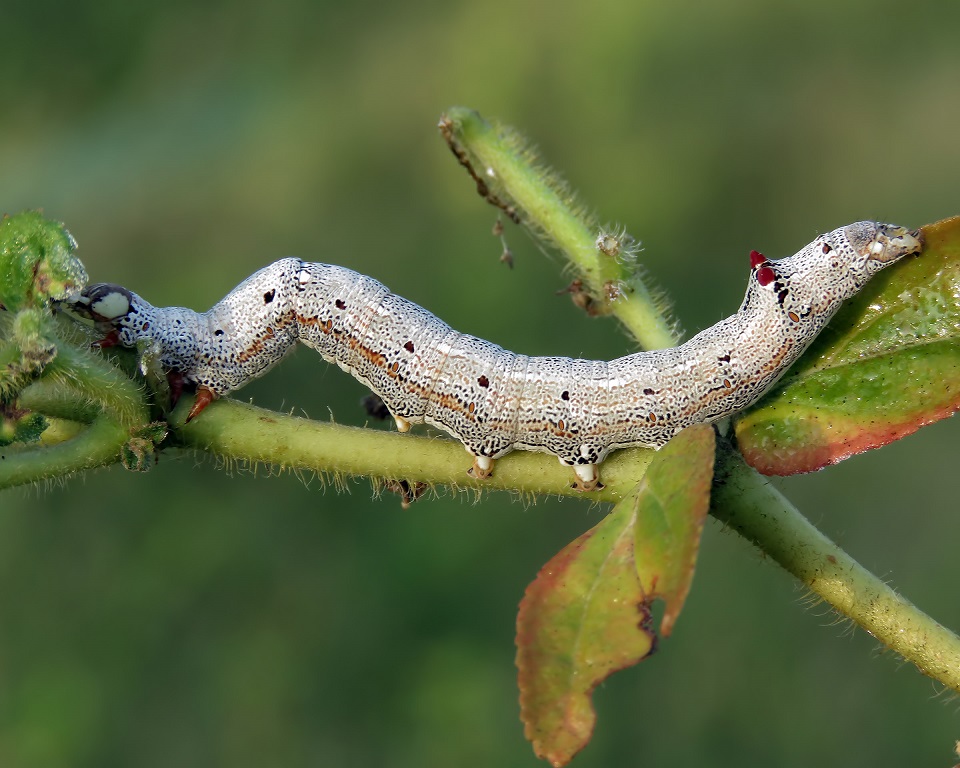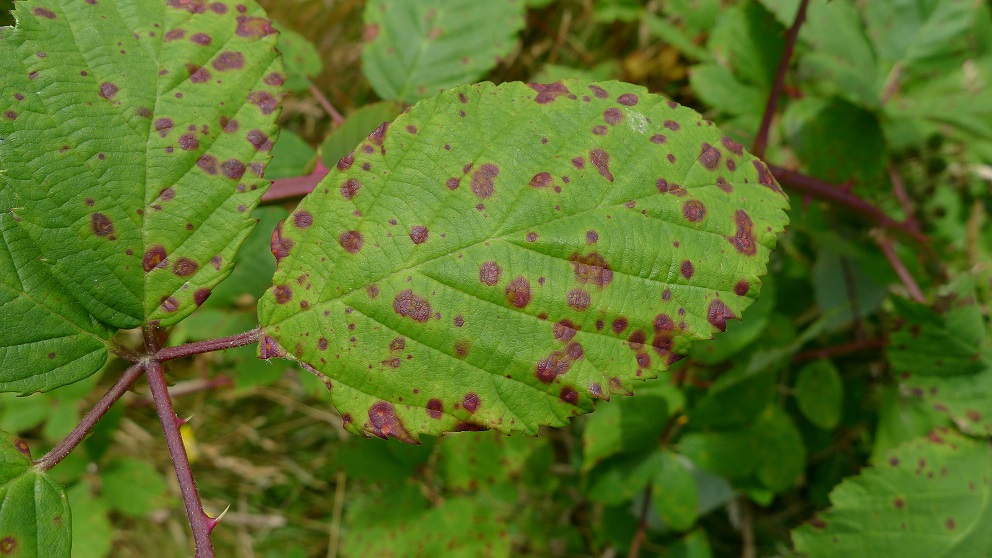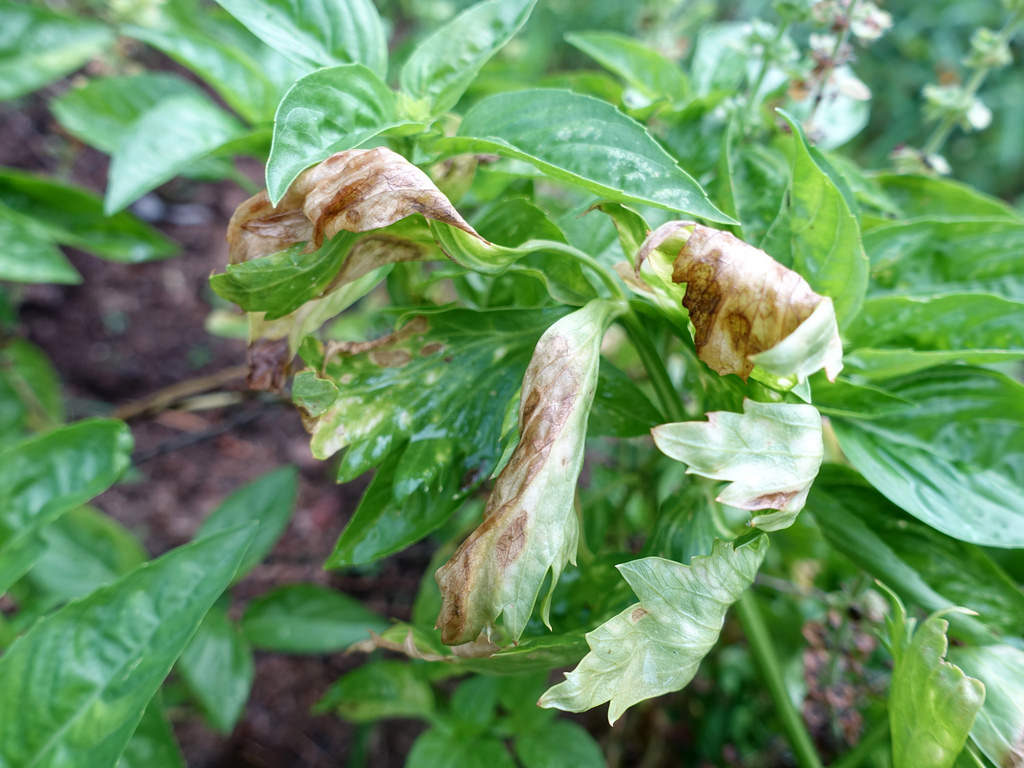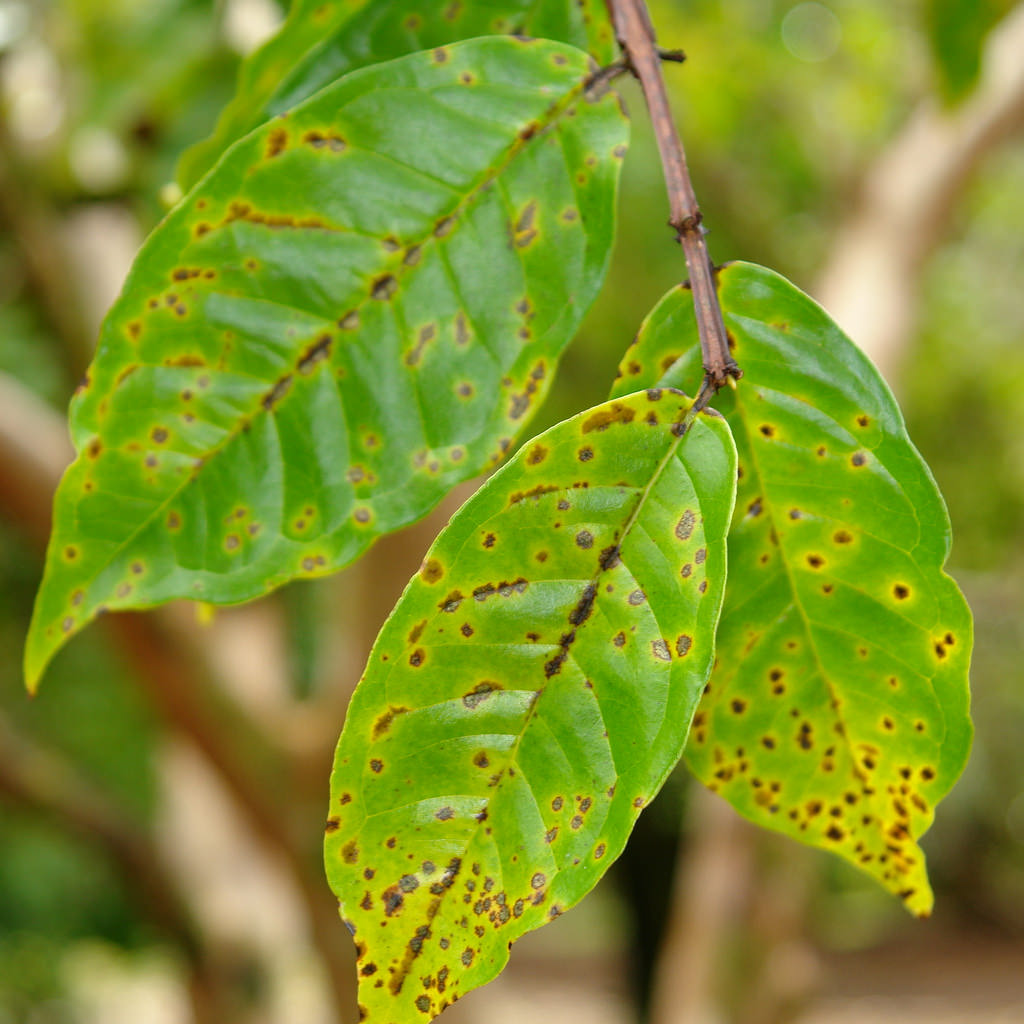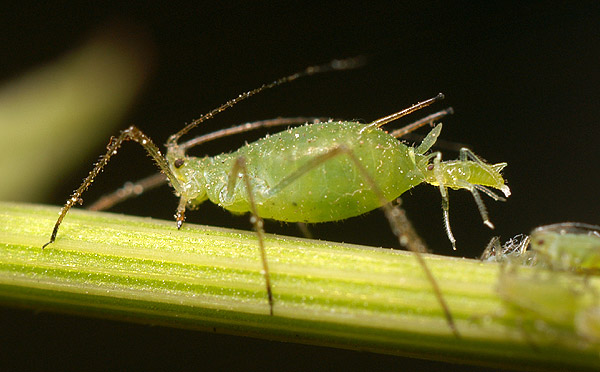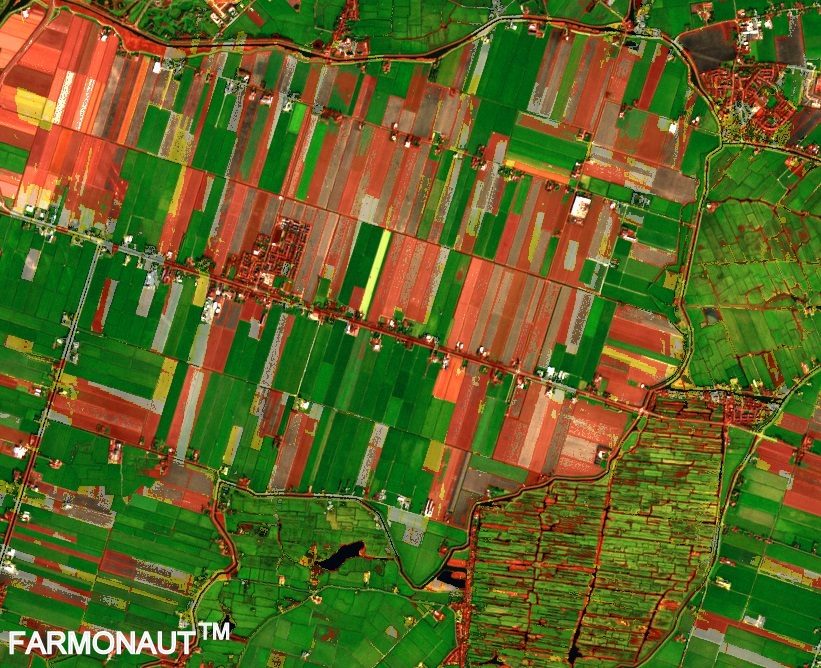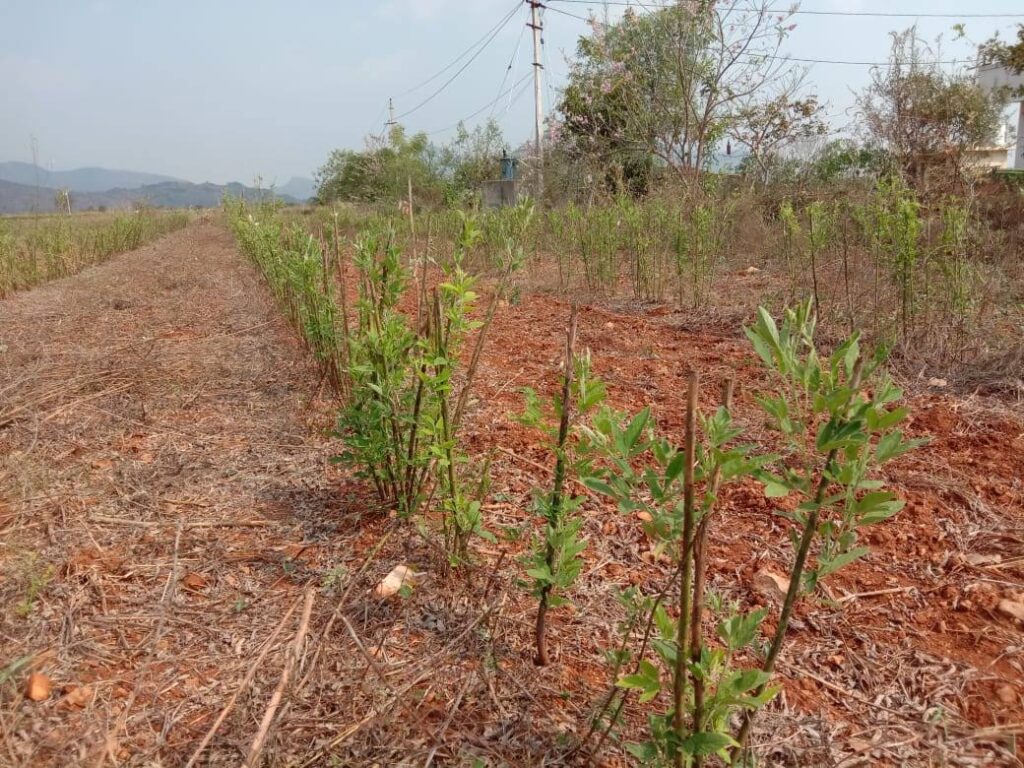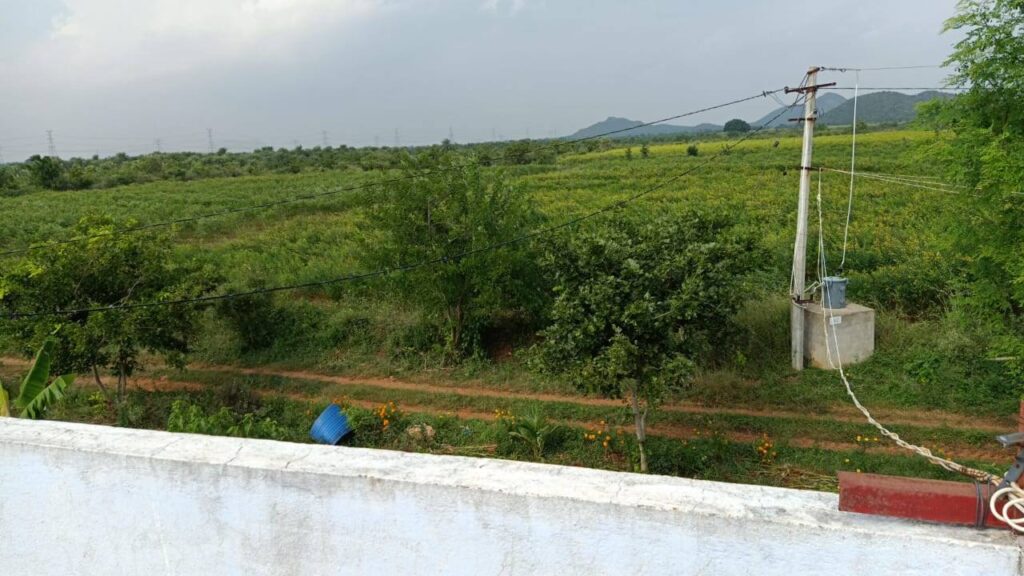Battling Black Aphids on Fruit Trees: Expert Strategies for Orchard Health
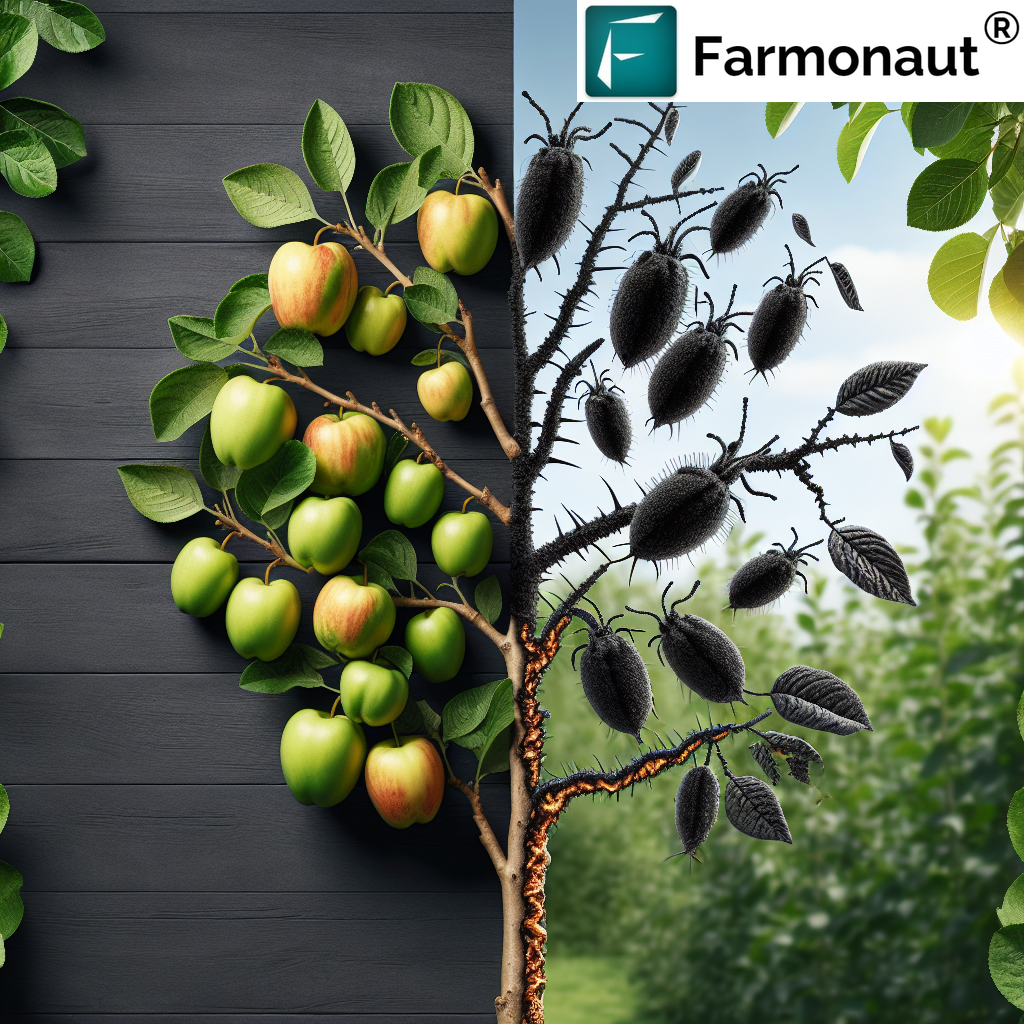
As orchard managers and fruit tree enthusiasts, we understand the critical importance of maintaining healthy, productive trees. Among the many challenges we face, black aphids on fruit trees stand out as a particularly persistent and damaging pest. These tiny insects can quickly multiply and wreak havoc on our beloved fruit trees, compromising both yield and quality. In this comprehensive guide, we’ll explore everything you need to know about identifying, preventing, and combating black aphids on trees, with a special focus on fruit trees.
Understanding Black Aphids: The Orchard Menace
Before we dive into control methods, it’s crucial to understand our enemy. Black aphids, scientifically known as Aphis fabae or Pterochlorus persicae (depending on the specific species), are small, soft-bodied insects that feed on the sap of plants. While they’re not exclusive to fruit trees, they have a particular affinity for many orchard favorites.
Characteristics of Black Aphids:
- Size: Typically 1-2 mm long
- Color: Range from dark brown to black
- Body shape: Pear-shaped with long antennae
- Reproduction: Can reproduce asexually, leading to rapid population growth
- Feeding habits: Use piercing-sucking mouthparts to extract sap from leaves and stems
The presence of black aphids on fruit trees can lead to a host of problems, including:
- Leaf curling and distortion
- Stunted growth
- Reduced fruit yield and quality
- Transmission of plant viruses
- Production of honeydew, which can lead to sooty mold growth
Identifying Black Aphid Infestations
Early detection is key to managing black aphids on trees. Here are some signs to watch for:
- Clusters of small black insects on the undersides of leaves, young shoots, and buds
- Curled, distorted, or yellowing leaves
- Sticky residue (honeydew) on leaves or fruit
- Presence of ants, which are attracted to the honeydew
- Black sooty mold growing on honeydew-covered surfaces

Integrated Pest Management: A Holistic Approach
At Farmonaut, we advocate for an Integrated Pest Management (IPM) approach to dealing with black aphids on fruit trees. This strategy combines various control methods to manage pest populations effectively while minimizing environmental impact. Let’s explore the components of a comprehensive IPM strategy for black aphids.
1. Cultural Control Methods
Cultural controls focus on creating an environment that’s less hospitable to black aphids:
- Proper pruning: Regular pruning improves air circulation and reduces hiding spots for aphids.
- Avoid over-fertilization: Excess nitrogen can promote soft, succulent growth that aphids love.
- Water management: Proper irrigation practices help maintain plant health and stress resistance.
- Companion planting: Grow aphid-repelling plants like marigolds, nasturtiums, or chives near fruit trees.
- Reflective mulches: Silver-colored mulches can deter aphids from landing on trees.
2. Biological Control
Harnessing nature’s own pest control mechanisms can be highly effective:
- Beneficial insects: Encourage natural predators like ladybugs, lacewings, and parasitic wasps.
- Insectary plants: Grow flowering plants that attract beneficial insects to your orchard.
- Commercially available biocontrols: Consider releasing purchased beneficial insects for targeted control.
3. Mechanical Control
Physical removal and barriers can help manage aphid populations:
- Pruning: Remove heavily infested branches and dispose of them properly.
- Water sprays: Use a strong jet of water to dislodge aphids from leaves and stems.
- Sticky traps: Place yellow sticky traps to monitor and capture winged aphids.
- Reflective materials: Wrap tree trunks with reflective tape to deter aphids.
4. Chemical Control
While we prioritize non-chemical methods, sometimes pesticides may be necessary:
- Horticultural oils: Neem oil or other plant-based oils can suffocate aphids.
- Insecticidal soaps: These disrupt the aphids’ cell membranes, causing dehydration.
- Systemic insecticides: As a last resort, consider systemic treatments for severe infestations.
- Selective pesticides: If chemical control is necessary, choose products that minimize harm to beneficial insects.
Always follow label instructions and local regulations when using any pesticides.
Farmonaut’s Role in Black Aphid Management
At Farmonaut, we’re committed to helping orchard managers and fruit tree growers combat pests like black aphids effectively. Our satellite-based crop monitoring system provides valuable insights that can enhance your IPM strategy:
- Early detection: Our advanced imagery can help identify potential aphid hotspots before they become visible to the naked eye.
- Stress monitoring: By tracking vegetation health indices, we can alert you to plant stress that might make trees more susceptible to aphid attacks.
- Precision application: Our field zoning features allow for targeted treatment, reducing overall pesticide use.
- Historical analysis: Track aphid patterns over time to predict and prevent future outbreaks.
To learn more about how Farmonaut can support your orchard management, visit our app page or explore our API services.
Comparing Farmonaut to Traditional Monitoring Methods
While drones and IoT sensors have their place in agriculture, Farmonaut’s satellite-based system offers unique advantages for monitoring large orchards:
| Feature | Farmonaut Satellite System | Drone-based Monitoring | IoT Sensors |
|---|---|---|---|
| Coverage Area | Entire orchard in one image | Limited by flight time and regulations | Localized to sensor placement |
| Frequency of Data | Regular updates without manual intervention | Depends on manual flights | Continuous but localized data |
| Cost Efficiency | High (no equipment to maintain) | Medium (equipment and operator costs) | Variable (initial investment and maintenance) |
| Ease of Use | User-friendly app interface | Requires trained operator | Requires technical setup and maintenance |
| Data Analysis | Advanced AI-driven insights | Often requires separate analysis tools | Limited to sensor capabilities |
Preventive Measures for Long-term Aphid Control
While dealing with active infestations is crucial, prevention is always better than cure. Here are some long-term strategies to keep black aphids on fruit trees at bay:
- Soil health management: Healthy soil leads to resilient trees that can better withstand pest pressure. Implement practices like composting, cover cropping, and minimal tillage to improve soil structure and microbial activity.
- Biodiversity enhancement: Create a diverse ecosystem within and around your orchard. Plant hedgerows, wildflower strips, and inter-row cover crops to provide habitat for beneficial insects and natural aphid predators.
- Resistant varieties: When planning new plantings or replacing trees, consider varieties that have shown resistance or tolerance to aphid infestations.
- Regular monitoring: Implement a consistent scouting routine to catch aphid populations early. Farmonaut’s satellite imagery can supplement your ground-level observations, providing a comprehensive view of orchard health.
- Proper nutrition: Balanced fertilization is key. Avoid excessive nitrogen, which can lead to lush, aphid-attractive growth. Consider slow-release fertilizers or split applications to manage nutrient levels more precisely.
- Water management: Implement efficient irrigation systems to avoid water stress, which can make trees more susceptible to aphid attacks. Drip irrigation or micro-sprinklers can help maintain consistent soil moisture without over-watering.
Advanced Techniques for Aphid Management
As technology and research advance, new methods for managing black aphids on trees are emerging. Here are some cutting-edge approaches that show promise:
1. Pheromone Disruption
Researchers are developing pheromone-based strategies to disrupt aphid mating and communication. While still in experimental stages for many aphid species, this method has shown success in managing other orchard pests.
2. RNA Interference (RNAi)
This innovative approach involves using specific RNA sequences to silence genes in aphids, potentially disrupting their ability to feed or reproduce. While still in development, RNAi could offer a highly targeted pest control method in the future.
3. Endophytic Fungi
Certain beneficial fungi that live within plant tissues (endophytes) have been shown to enhance plant resistance to aphids. Inoculating trees with these fungi could provide long-term protection against various pests and diseases.
4. Precision Agriculture Tools
Advanced sensing technologies, combined with AI and machine learning, are improving our ability to detect and respond to aphid infestations early. Farmonaut is at the forefront of this revolution, offering satellite-based monitoring that can detect subtle changes in plant health indicative of pest pressure.
The Economic Impact of Black Aphids
Understanding the economic consequences of black aphids on fruit trees is crucial for orchard managers and fruit growers. Let’s break down the potential costs:
- Yield loss: Severe infestations can reduce fruit yield by up to 30% or more.
- Quality reduction: Aphid damage can lead to misshapen or undersized fruit, reducing marketable yield.
- Increased labor costs: More time spent on pest management and damaged fruit sorting.
- Treatment expenses: Costs associated with pesticides, biological controls, and application equipment.
- Long-term tree health: Repeated infestations can weaken trees, reducing their productive lifespan.
By implementing effective management strategies and leveraging advanced monitoring tools like Farmonaut, growers can significantly mitigate these economic impacts.
Case Studies: Successful Black Aphid Management
While we don’t have specific case studies to share, numerous orchards worldwide have successfully managed black aphid populations using integrated approaches. Common themes in these success stories include:
- Commitment to regular monitoring and early intervention
- Adoption of diverse control methods, balancing cultural, biological, and chemical approaches
- Investment in technology for precision management
- Collaboration with local extension services and pest management experts
- Continuous education and adaptation of strategies based on new research
The Role of Technology in Aphid Management
As we continue to face challenges like climate change and evolving pest pressures, technology plays an increasingly crucial role in orchard management. Farmonaut’s satellite-based monitoring system represents the cutting edge of this technological revolution:
- AI-powered analysis: Our advanced algorithms can detect subtle changes in vegetation health that might indicate early stages of aphid infestation.
- Historical data integration: By analyzing pest patterns over time, we can help predict potential outbreak areas and timing.
- Mobile accessibility: Our user-friendly mobile apps (available for Android and iOS) allow you to monitor your orchard health from anywhere.
- API integration: For advanced users, our API documentation provides opportunities to integrate Farmonaut data into existing farm management systems.
Frequently Asked Questions (FAQ)
To address some common queries about managing black aphids on fruit trees, we’ve compiled this FAQ section:
Q1: How quickly can black aphids reproduce?
A1: Black aphids can reproduce extremely rapidly under favorable conditions. A single female can produce up to 80 offspring in a week, and these nymphs can begin reproducing in as little as 7-10 days.
Q2: Are there any natural predators of black aphids?
A2: Yes, many beneficial insects prey on black aphids. Ladybugs, lacewings, hoverfly larvae, and parasitic wasps are some of the most effective natural predators.
Q3: Can black aphids transmit diseases to my fruit trees?
A3: Yes, aphids are known vectors for various plant viruses. They can transmit diseases as they move from tree to tree, potentially causing significant damage to your orchard.
Q4: How does Farmonaut’s satellite monitoring help with aphid management?
A4: Farmonaut’s technology can detect early signs of plant stress and changes in vegetation health that might indicate an aphid infestation. This allows for targeted and timely interventions before the problem becomes severe.
Q5: Are organic methods effective against black aphids?
A5: Yes, many organic methods can be highly effective when used as part of an integrated pest management strategy. These include biological controls, horticultural oils, and cultural practices that promote plant health and natural pest resistance.
Q6: How often should I monitor my trees for black aphids?
A6: Regular monitoring is crucial. We recommend weekly visual inspections during the growing season, supplemented by Farmonaut’s satellite monitoring for comprehensive coverage.
Q7: Can weather conditions affect black aphid populations?
A7: Yes, weather plays a significant role in aphid population dynamics. Warm, dry conditions often favor rapid aphid reproduction, while heavy rains can physically remove aphids from trees.
Conclusion: A Holistic Approach to Orchard Health
Managing black aphids on fruit trees requires a comprehensive, integrated approach. By combining traditional horticultural practices with cutting-edge technology like Farmonaut’s satellite monitoring, orchard managers can effectively protect their trees and ensure bountiful, high-quality harvests.
Remember, successful aphid management is an ongoing process that requires vigilance, adaptability, and a deep understanding of your orchard’s ecosystem. By staying informed, leveraging advanced tools, and implementing a diverse range of control strategies, you can keep these persistent pests at bay and maintain the health and productivity of your fruit trees for years to come.
Ready to take your orchard management to the next level? Explore Farmonaut’s subscription options below and join the precision agriculture revolution:
Together, we can build healthier, more resilient orchards that thrive in the face of challenges like black aphids. Here’s to your success and the future of sustainable fruit production!


